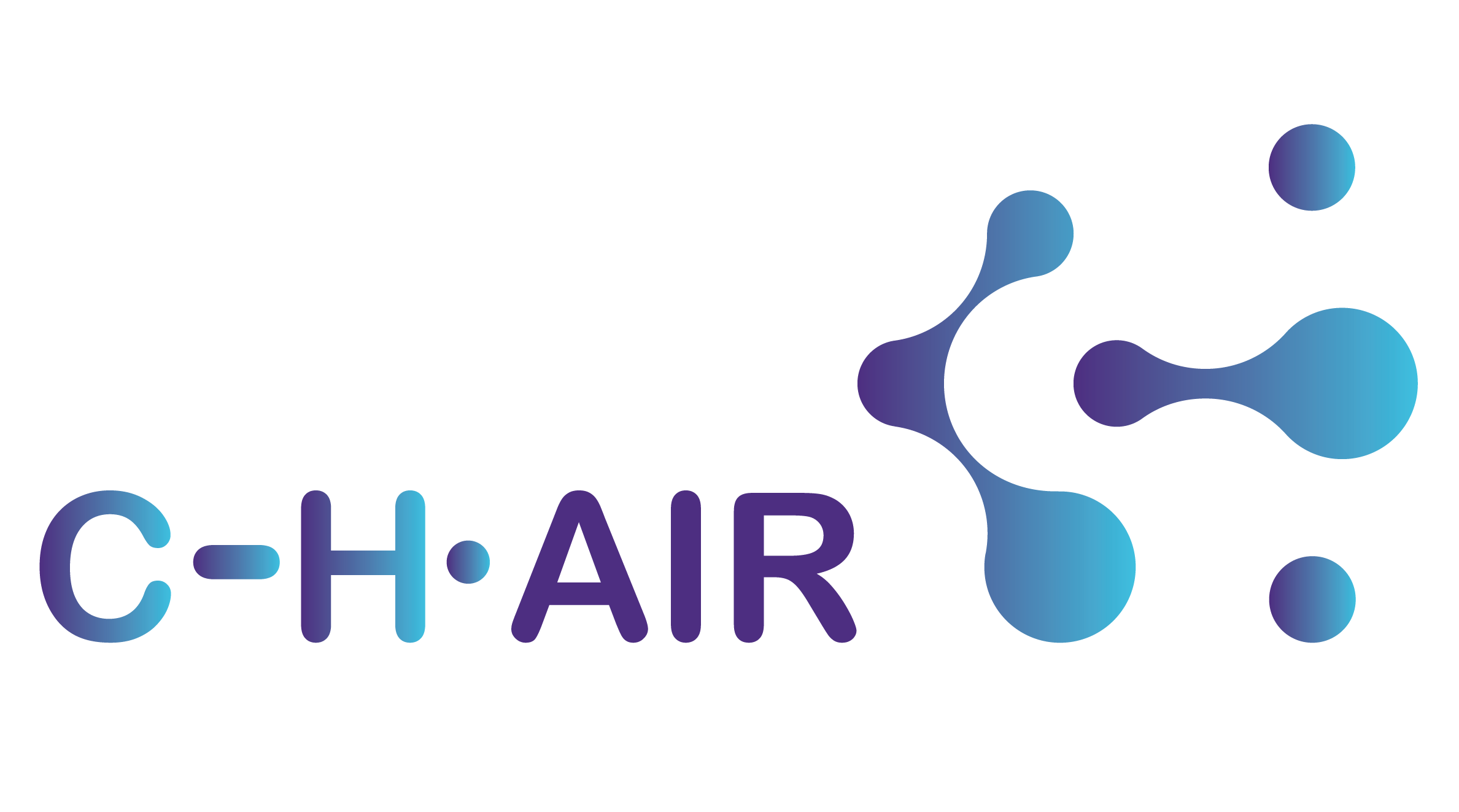About us
Supervisors
Prof. Lutz Ackermann
🇩🇪 University of Göttingen
🎓 Resume
Lutz Ackermann studied Chemistry at the University Kiel (Germany), and performed his PhD with Prof. Alois Fürstner at the Max-Plank Institut for Coal Research (Mülheim/Ruhr, 2001). After a postdoctoral stay at UC Berkeley with Prof. Robert G. Bergman, he initiated his independent research career in 2003 at the Ludwig Maximilians-University München.
In 2007, he became Full Professor (W3) at the Georg-August-University Göttingen.
🏆 Awards and distinctions
2017: Gottfried-Wilhelm-Leibniz-Preis
2012: ERC Grant
2011: AstraZeneca Excellence in Chemistry Award
🔍 Research Interest
The development of new catalysis methodologies for the sustainable and economical synthesis of complex organic molecules, including:
- catalyzed C-H activation;
- remote functionalization;
- photocatalysis;
- peptide diversification;
- ligand design;
- flow chemistry;
- electrochemistry;
- computational studies.
⚙️ Project in CHAIR
#9 Synthesis and valorization of (bio)polymers through C-H activation
About us
Supervisors
🎓 Resume
Lutz Ackermann studied Chemistry at the University Kiel (Germany), and performed his PhD with Prof. Alois Fürstner at the Max-Plank Institut for Coal Research (Mülheim/Ruhr, 2001). After a postdoctoral stay at UC Berkeley with Prof. Robert G. Bergman, he initiated his independent research career in 2003 at the Ludwig Maximilians-University München.
In 2007, he became Full Professor (W3) at the Georg-August-University Göttingen.
🏆 Awards and distinctions
2017: Gottfried-Wilhelm-Leibniz-Preis
2012: ERC Grant
2011: AstraZeneca Excellence in Chemistry Award
🔍 Research Interest
The development of new catalysis methodologies for the sustainable and economical synthesis of complex organic molecules, including:
- catalyzed C-H activation;
- remote functionalization;
- photocatalysis;
- peptide diversification;
- ligand design;
- flow chemistry;
- electrochemistry;
- computational studies.
⚙️ Project in CHAIR
#9 Synthesis and valorization of (bio)polymers through C-H activation

